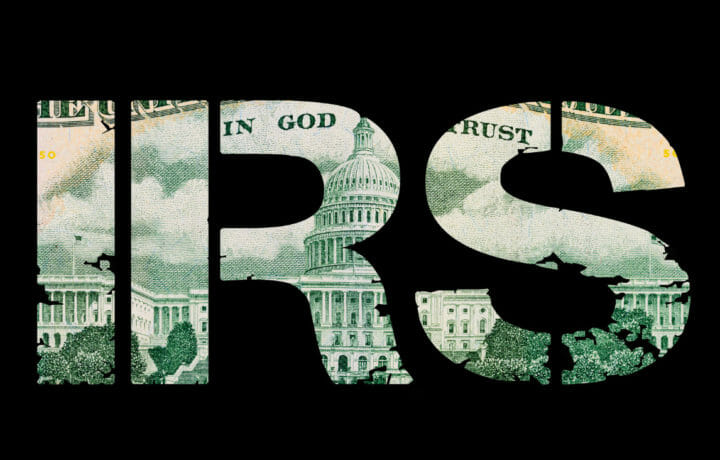As in previous years, financial issues continue to rank number one, outpacing all other security clearance denials combined in 2020. But financial related security clearance denials require more than just a little debt or poor money management. The security clearance adjudicative process makes specific inquiries about federal debt, and that includes student loans and obligations to the IRS.
A subscriber to the ClearanceJobsBlog was ringing in the new year with worries that his garnished paycheck would affect his hopes of gaining public trust:
I’m applying a contract job and this position requires a public trust clearance. Back in 2015 I was in the military and separated with my ex-spouse. My ex-spouse handled all the tax returns and never informed me about the tax notices until the IRS garnished my paycheck. All this debt was paid off within 6 months. Will this record disqualify me to get the public trust?
First and foremost, this is not an automatic disqualification for obtaining any type of clearance. Like with most circumstances, evaluating eligibility in the national security industry, ‘it depends.’. For context, per the IRS website, “A levy is a legal seizure of your property to satisfy a tax debt. Levies are different from liens (a lien is a legal claim against property to secure payment of the tax debt) because a levy actually takes the property to satisfy the tax debt.”
WHOLE PERSON CONCEPT helps
If your garnished wages from almost 6 years ago is the only bad mark on your record, the folks granting or denying your clearance will notice that, and the whole person concept will work in your favor to help you obtain eligibility. Now, if this was not the only financial issue you’ve run into in the last decade, or you had a continuing pattern of questionable or illegal behavior, the government may find that you don’t know how to play by the rules and should not have access to sensitive information.
MITIGATING FINANCIAL ISSUES
Sean Bigley, security clearance attorney states, “the good news is that many of these non-compliance cases – whether late filing, late payment, or both – can be mitigated through immediate action.”
In the case of this blog subscriber, wages were garnished, and debt was paid off in 6 months. Being proactive in paying the debt helps mitigate the issues. If this is not the first time your wages were garnished by the government, you have other significant debt, or you’ve ever lied about your debt, you may not be able to mitigate all of those issues.
There are a variety of reasons why someone may fail to file, including a partner who handles the taxes, you thought it was completed already, disorganization, medical situations, being deployed overseas, etc. Bigley notes that, “most of these cases can be mitigated.”
As always, honesty is the best policy when filling out a security clearance application: Be truthful, as self-reporting can be seen as mitigation.
Much about the clearance process resembles the Pirate’s Code: “more what you’d call guidelines than actual rules.” This case-by-case system is meant to consider the whole person, increase process security, and allow the lowest-risk/highest-need candidates to complete the process. However, it also creates a lot of questions for applicants. For this reason, ClearanceJobs maintains ClearanceJobsBlog.com – a forum where clearance seekers can ask the cleared community for advice on their specific security concerns. Ask CJ explores questions posed on the ClearanceJobs Blog forum, emails received, and comments from this site.




